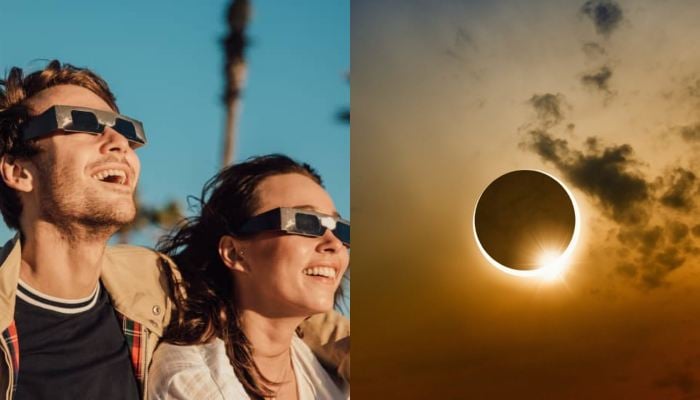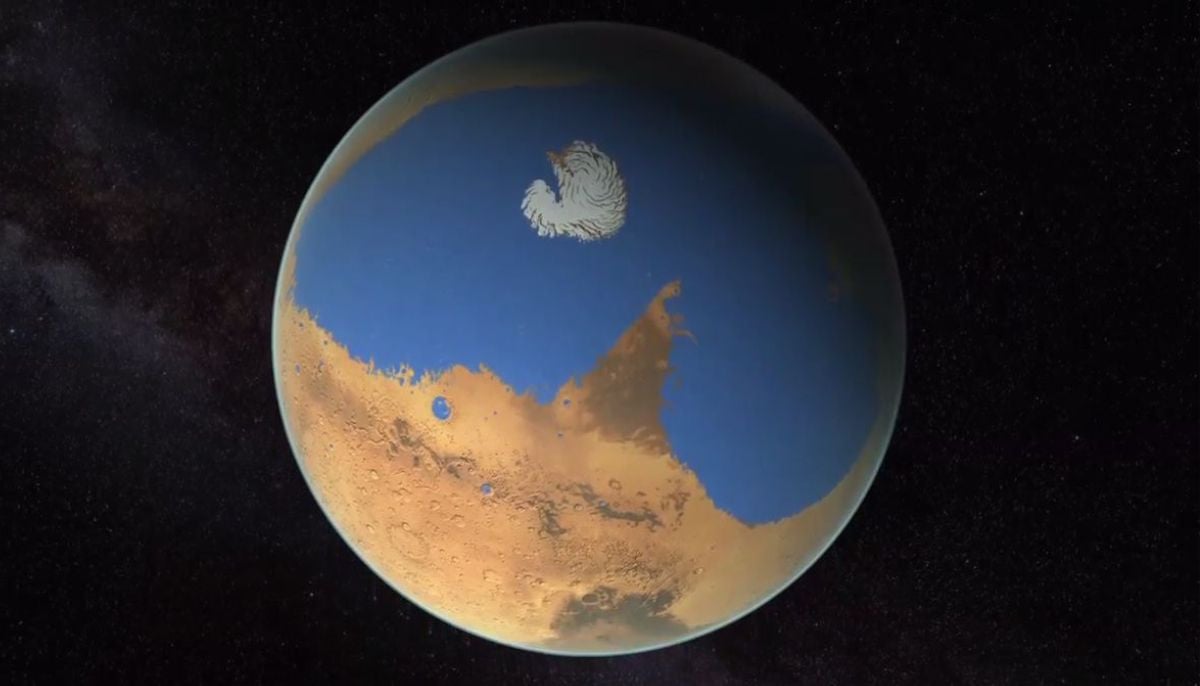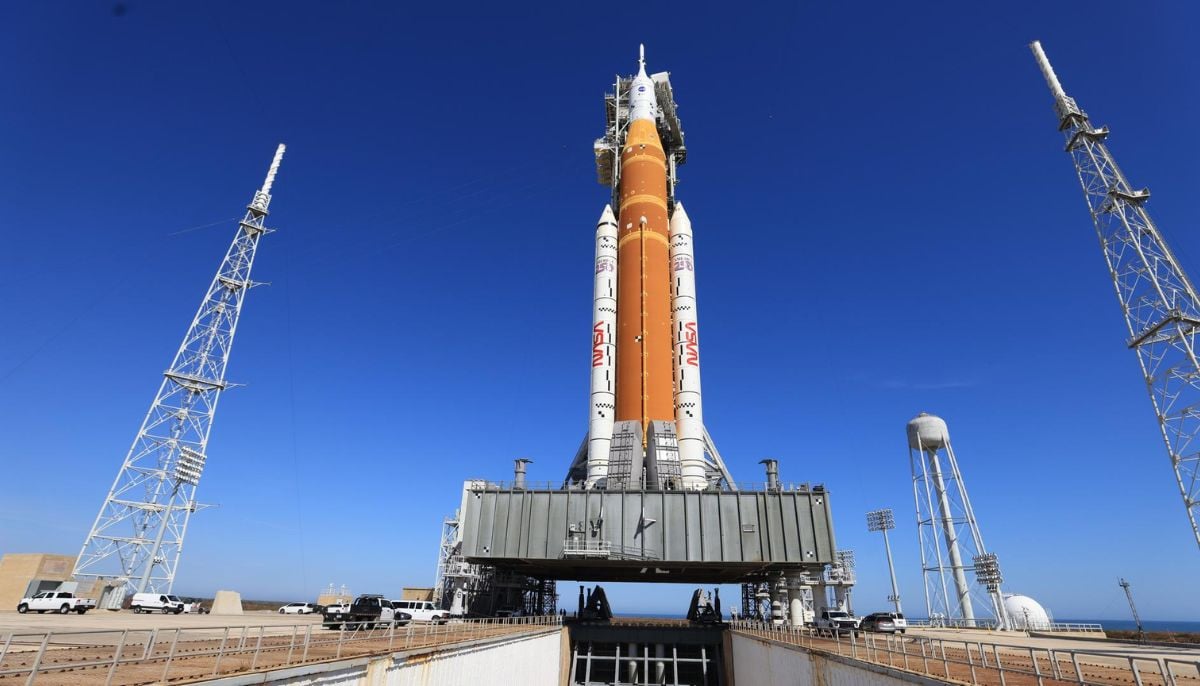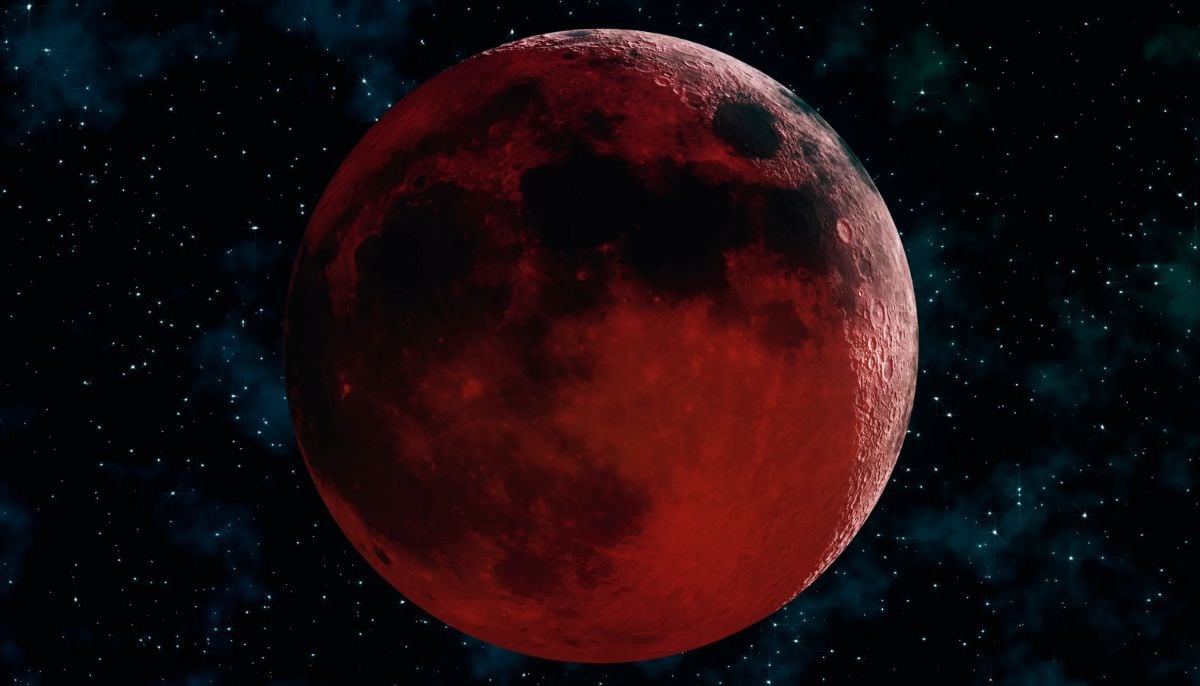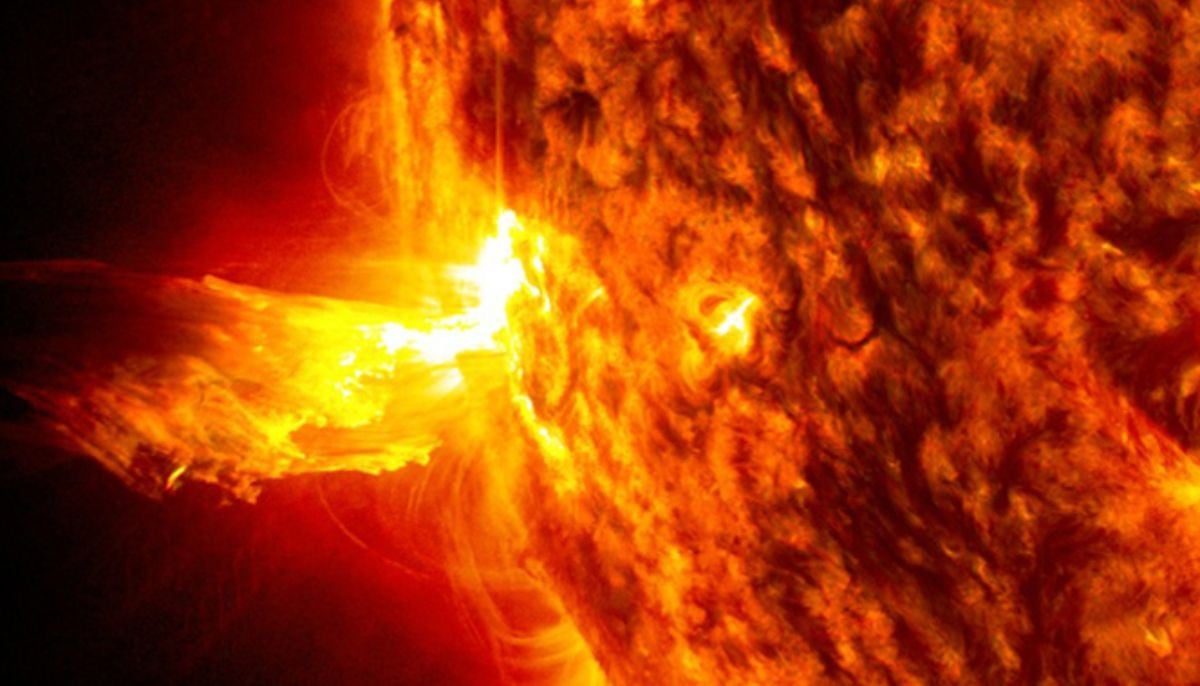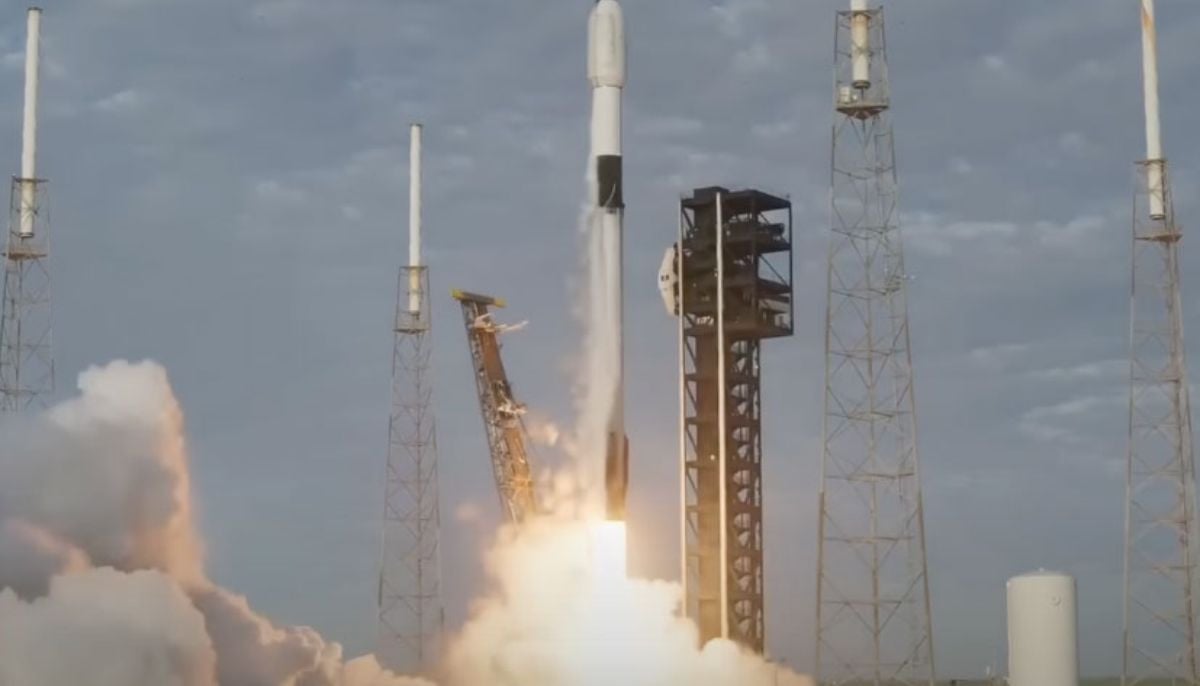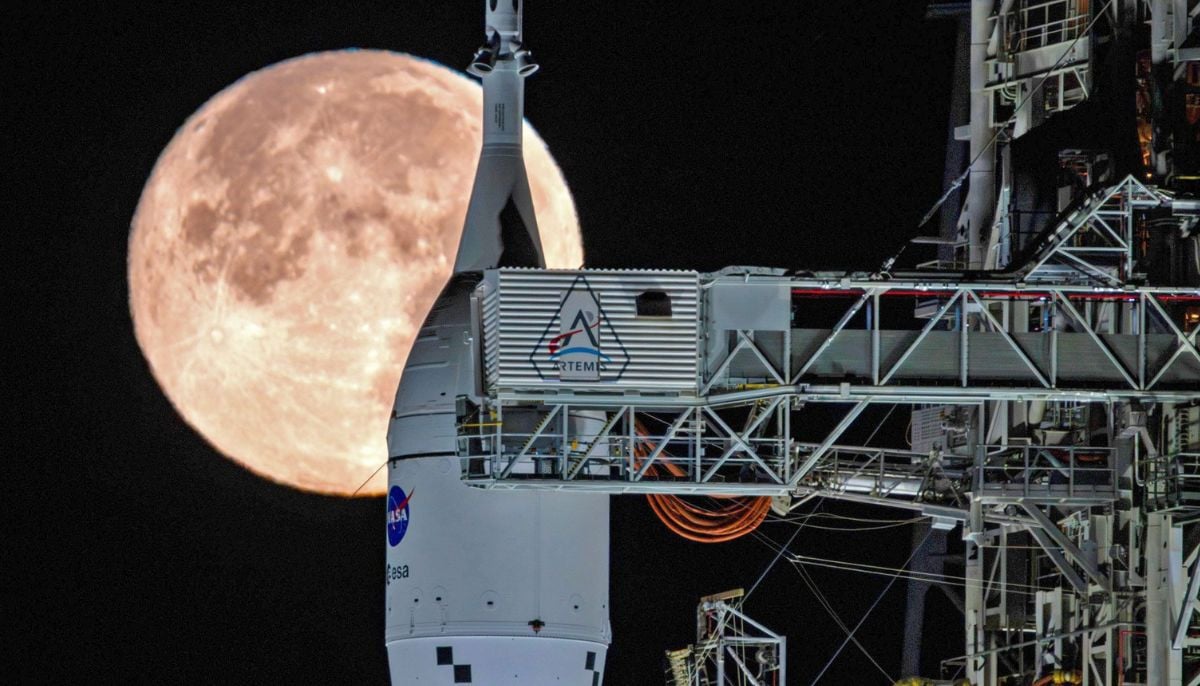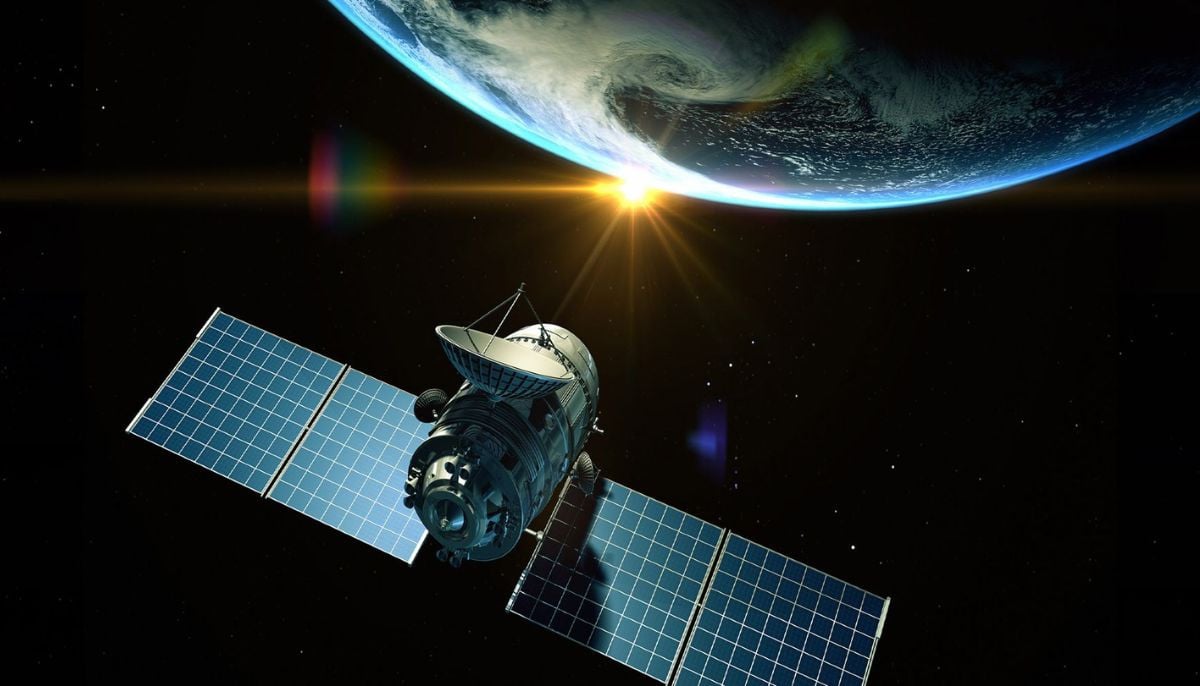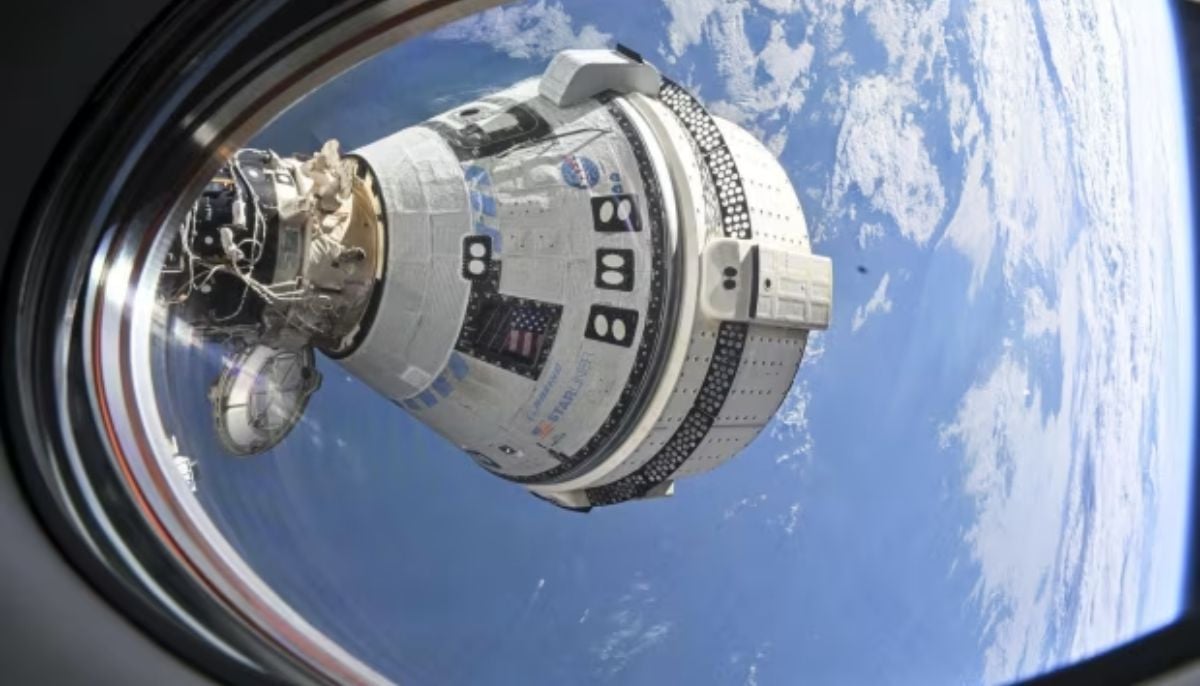Can total solar eclipse blind you? 5 myths debunked
Cultures throughout time have tied solar eclipses with conspiracies
North Americans will witness a rare celestial event on April 8 that won’t be happening again for the next 20 years, USA Today reported.
Fifteen United State states along with Canada and Mexico will witness totality as darkness will prevail and spectators will get to watch the first total solar eclipse of 2024.
Let's discuss some of the common myths and conspiracies about total solar eclipses.
Solar eclipse is bad omen
This superstition stems around from the 900AD as cultures throughout time have tied negative beliefs with solar eclipses.
However, National Aeronautics and Space Administration (Nasa) has rejected these claims, calling it "confirmation bias" which means one's "tendency to look for information that supports, rather than rejects, one's preconceptions".
The deaths of notable people close to eclipses such as French Emperor Louis the Pious on May 5, 840, and the Prophet Mohammad's (PBUH) son Ibrahim further ignited these conspiracies.
Solar eclipses blind people
Once the eclipse reaches totality staring at the sun before or after totality may damage your retina, but it does not make you go blind.
Solar eclipses harm pregnant women
The suns corona during totality emits electromagnetic radiation but it does not harm pregnant women.
Solar eclipses can be seen at two poles
There are reports that the solar eclipses are hard to be viewed from two poles — North and South pole.
However, Nasa says there is nothing special about eclipses at poles and it is just like any other place.
Solar eclipses may poison food
This myth is not true as solar radiation levels do not change during eclipse and any food poisoning that does occur will only be coincidental.
-
Total Lunar eclipse: What you need to know and where to watch
-
Sun appears spotless for first time in four years, scientists report
-
SpaceX launches another batch of satellites from Cape Canaveral during late-night mission on Saturday
-
NASA targets March 6 for launch of crewed mission around moon following successful rocket fueling test
-
Greenland ice sheet acts like ‘churning molten rock,’ scientists find
-
Space-based solar power could push the world beyond net zero: Here’s how
-
Hidden ‘dark galaxy' traced by ancient star clusters could rewrite the cosmic galaxy count
-
Astronauts face life threatening risk on Boeing Starliner, NASA says
